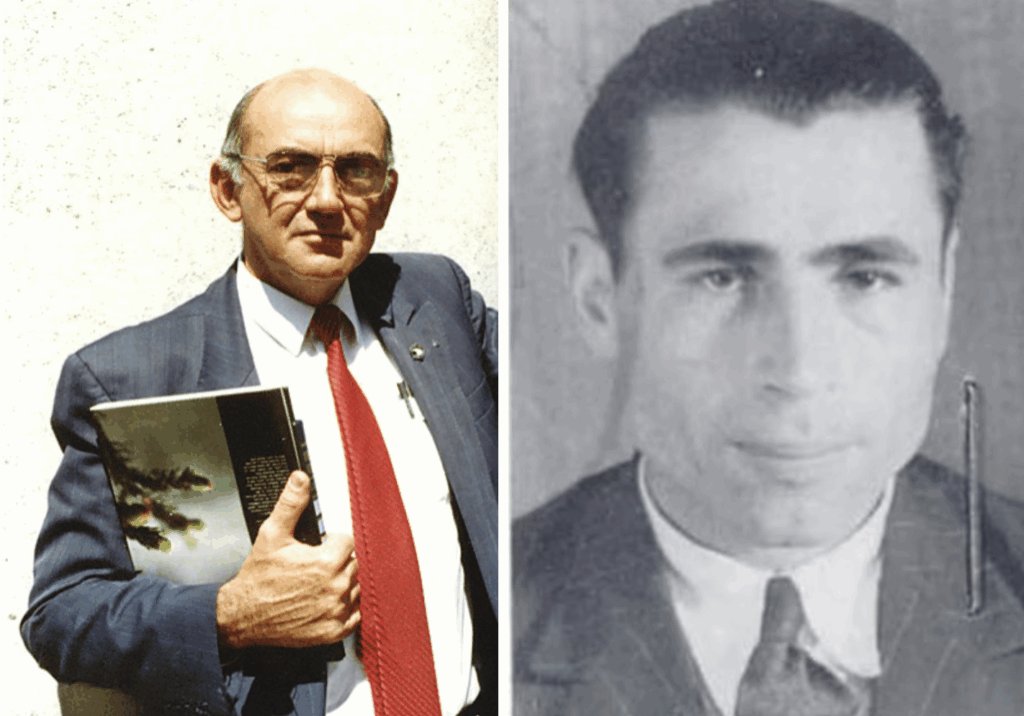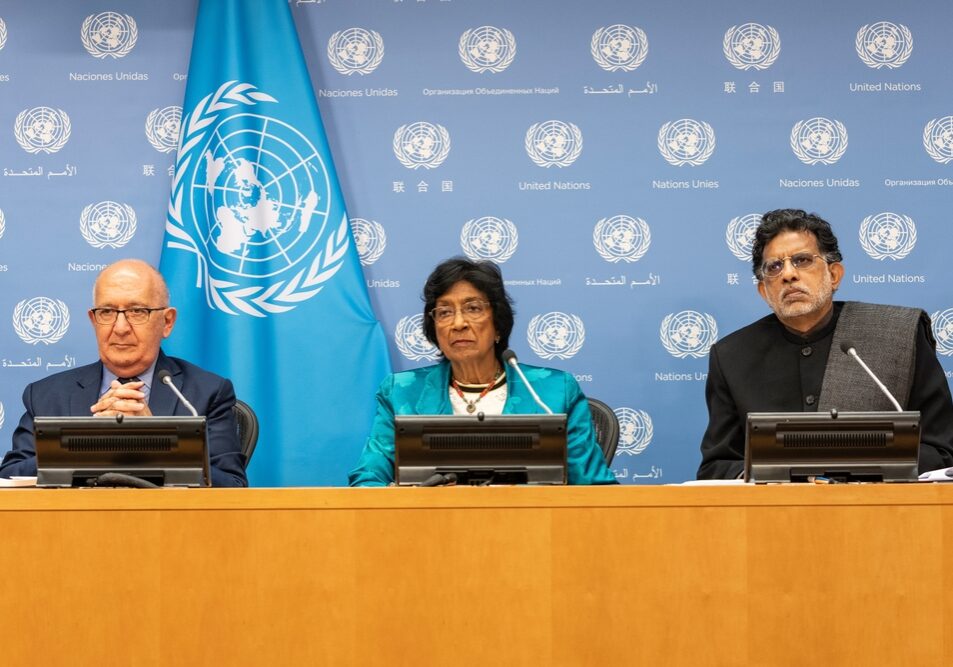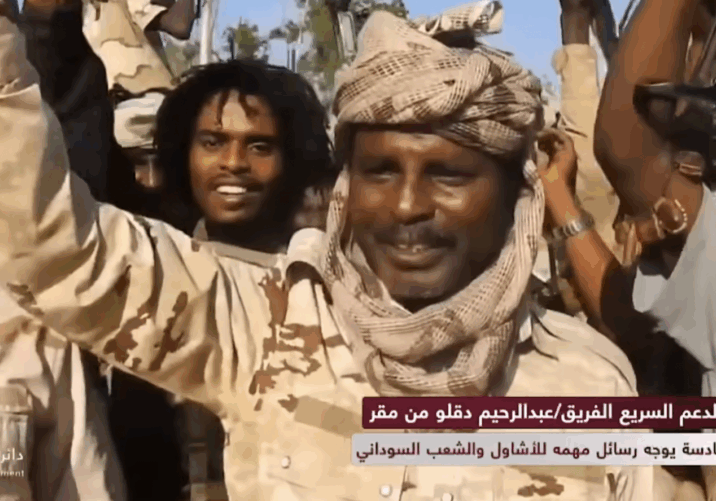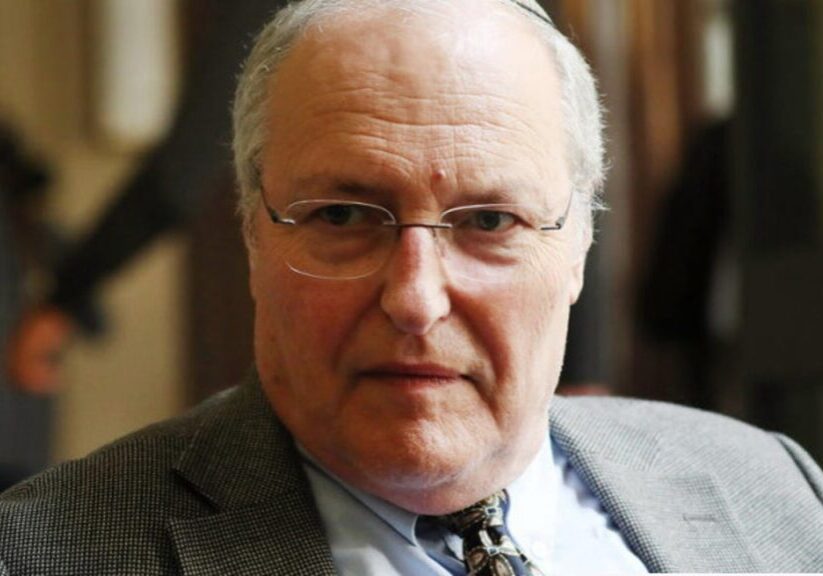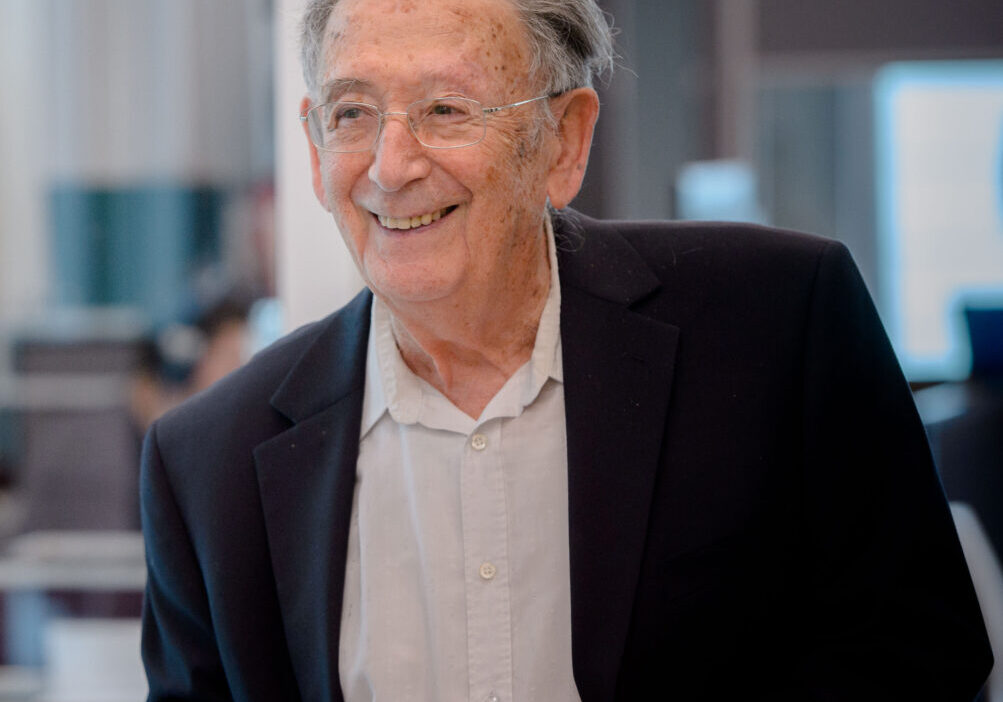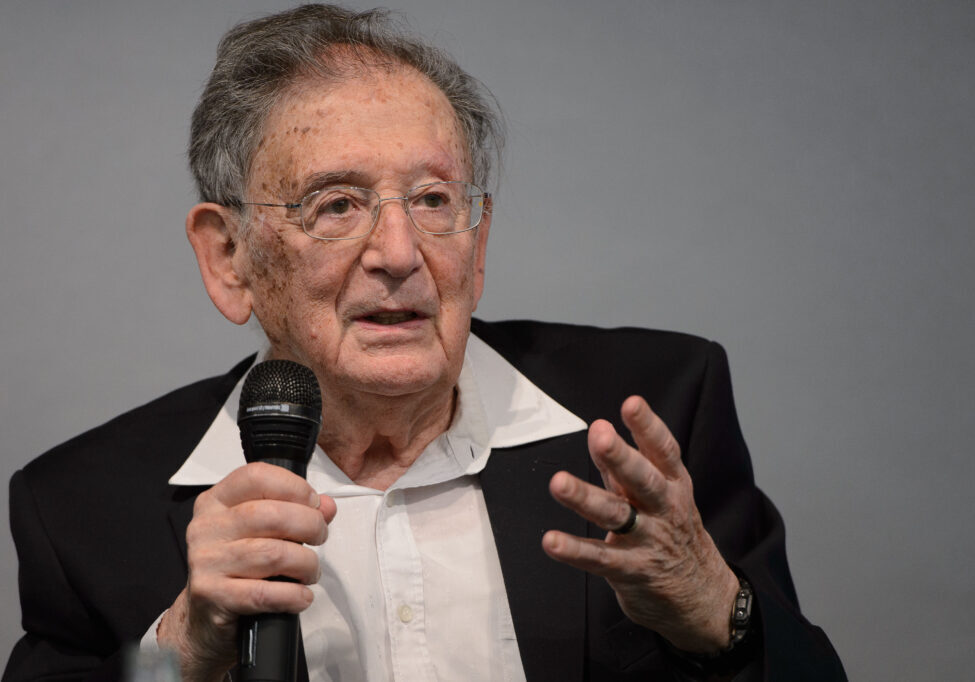Australia/Israel Review
Shoah Remembrance
May 1, 2023 | Irwin Cotler
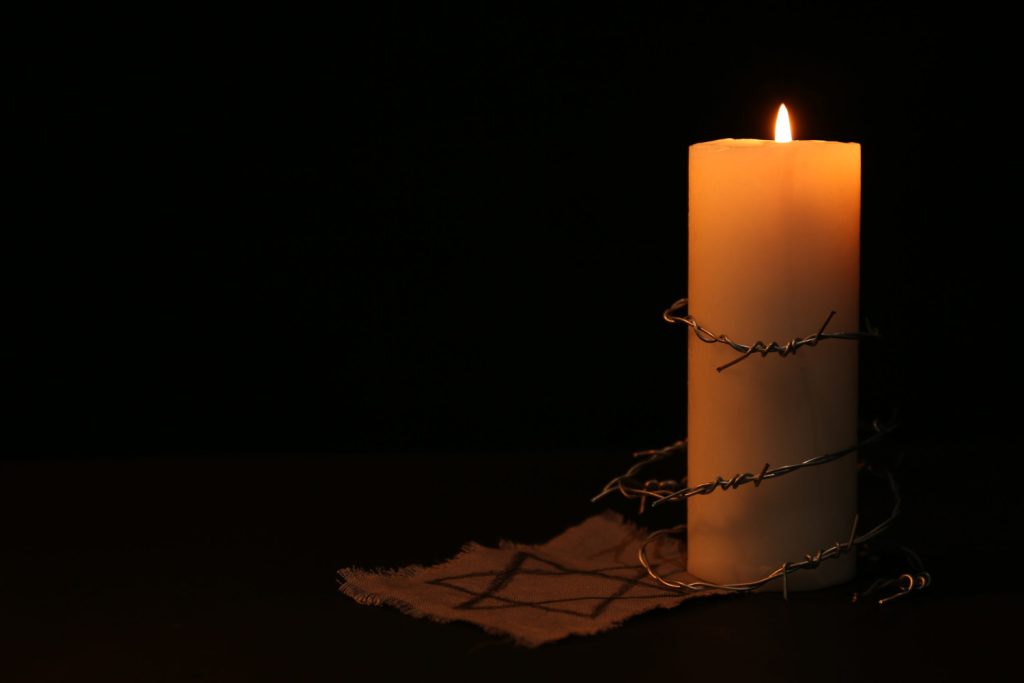
Our responsibilities in 2023
This year’s Holocaust and Heroism Remembrance Day, April 16, was a particularly poignant historical moment of remembrance and reminder, of bearing witness, of learning and acting upon the universal lessons of history and the Holocaust.
I write in the aftermath of the 90th anniversary of the establishment in 1933 by the democratically-elected Government of Germany of the infamous Dachau concentration camp – the forerunner of the deportation to Dachau of thousands during Kristallnacht – reminding us that antisemitism is toxic to democracy, an assault on our common humanity, and as we’ve learned only too painfully and too well that while it begins with Jews, it doesn’t end with Jews.
I write also in the aftermath of the oft-ignored 81st anniversary of the Wannsee Conference of Jan. 20, 1942, convened by the Nazi leadership to address “The Final Solution to the Jewish Question.” This blueprint for the annihilation of European Jewry was met with indifference and inaction from the international bystander community.
I write also on the 80th anniversary of the Warsaw Ghetto Uprising, the most heroic Jewish and civilian uprising during the Holocaust, which followed the deportation of 300,000 Jews from the Warsaw Ghetto to the death camp Auschwitz-Treblinka in 1942. There is a straight line between Wannsee and Warsaw; between the indifference of one and the courage of the other.
I write also amidst the international drumbeat of evil, reflected in the unprovoked and criminal Russian invasion and aggression in Ukraine, underpinned by war crimes, crimes against humanity, and incitement to genocide, which is a stand-alone crime under the genocide convention; the increasing assaults by China on the rules-based international order, including mass atrocities targeting the Uighurs, which are constitutive of acts of genocide; the Iranian regime’s brutal and massive repression of the Iranian people’s “Women, Life, Freedom” human rights revolution; the mass atrocities targeting the Rohingya, Afghans and Ethiopians; and the increasing imprisonment of human rights defenders such as Russian patriot and human rights hero Vladimir Kara-Murza – a critic of the invasion of Ukraine who embodies the struggle for freedom – sentenced on April 17 to 25 years in prison for telling the truth. It was a re-enactment of the Stalinist dictum of “give us the person and we will find the crime.”
And I write also amidst an unprecedented global resurgence of antisemitic acts, incitement, and terror – of antisemitism as the oldest, longest, most enduring, and most dangerous of hatreds. It is a virus that mutates and metastasises over time, but which is grounded in one foundational, historical, generic, antisemitic, conspiratorial trope: namely, that Jews, the Jewish people, and Israel are the enemy of all that is good and the embodiment of all that is evil, regardless of what moment in time we are experiencing or living in.
And so at this important historical inflection moment, we should ask ourselves, what have we learned in the last 80 years, and more importantly what must we do?
1. Zachor – the imperative of remembrance
The first lesson is the danger of forgetting – tantamount to the killing of the victims a second time – and the imperative of remembrance (or Zachor, in Hebrew). As Prof. Elie Wiesel, Nobel Peace Laureate and Holocaust survivor put it: “The Holocaust was a war against the Jews in which not all victims were Jews, but all Jews were targeted victims.”
As we remember the victims of the Shoah – defamed, demonised and dehumanised as prologue and justification for genocide – we must appreciate that the mass murder of six million Jews and millions of non-Jews is not a matter of abstract statistics.
As we say at these moments of remembrance, “Unto each person there is a name, each person is an identity, each person is a universe.” As the Talmud reminds us, “Whoever saves a single life, it is as if he or she has saved an entire universe.” Just as, if you kill a single person, it is as if you have killed an entire universe.
Thus, the abiding universal imperative: we are each, wherever we are, the guarantors of each other’s destiny. And in the words of Czech novelist Milan Kundera, “The struggle of memory against forgetting is the struggle of liberty against tyranny.”
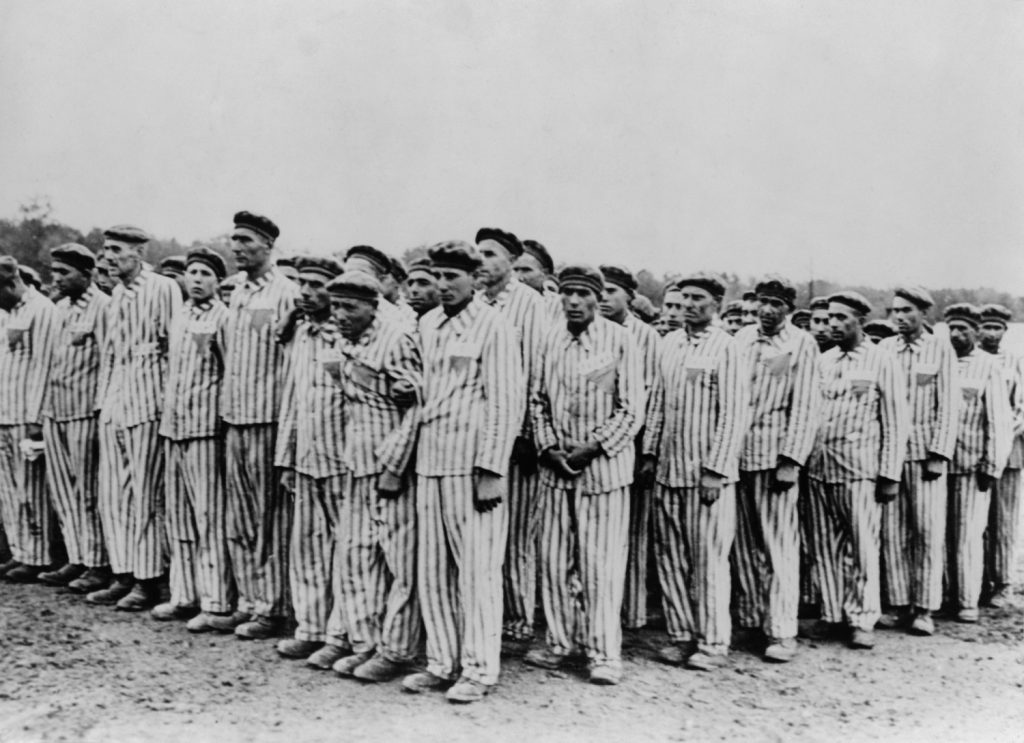
The Holocaust must remain the paradigm for radical evil (Images: Shutterstock)
2. The Holocaust as a paradigm for radical evil, and antisemitism as a paradigm for radical hate – learning and acting upon these intersections
The second lesson is the danger of antisemitism – the oldest and most enduring of hatreds – and the most lethal. If the Holocaust is a metaphor for radical evil, antisemitism is a metaphor for radical hate.
One point three million people were deported to the death camp Auschwitz, the most brutal extermination camp of the twentieth century. Of these, 1.1 million were Jews. Let there be no mistake about it: Jews were murdered at Auschwitz because of antisemitism, but antisemitism did not die at Auschwitz. It remains the bloody canary in the mine of global evil today. As Ahmed Shaheed, the former UN Special Rapporteur on freedom of religion or belief, put it in his landmark report to the UN, antisemitism is “toxic to democracies”, a threat not only to Jews but to our common humanity. In combatting antisemitism, we defend our democracy.
3. The danger of state-sanctioned incitement to hate and genocide – the responsibility to prevent and protect
The third enduring lesson is that the genocide of European Jewry – like the genocide of the Tutsis in Rwanda, where 10,000 Tutsis were murdered every day for three months – succeeded not only because of the machinery of death, but because of a state-sanctioned ideology of hate.
From 1933 onwards, the Jew was held out as the personification of the devil – as the enemy of humankind – and humanity could only be redeemed by the death of the Jew. As the Supreme Court of Canada affirmed – and as echoed by the International Criminal Tribunal for Rwanda – “the Holocaust did not begin in the gas chambers – it began with words.”
These, as the court put it, are the catastrophic effects of racism. These, as the court put it, are the chilling facts of history. Indeed, in another important principle and precedent, the Supreme Court of Canada held that the very incitement to genocide constitutes the crime in and of itself, whether or not acts of genocide follow.
4. Holocaust denial – from assaultive speech to criminal conspiracy, the responsibility to unmask the bearers of false witness
The fourth enduring lesson concerns the Holocaust denial movement – the cutting edge of antisemitism old and new. It is not just a cruel assault on Jewish memory and human dignity in its accusation that the Holocaust is a hoax. Rather, it constitutes an international criminal conspiracy to cover up the worst crimes in history. It not only holds that the Holocaust was a hoax, but maligns the Jews for fabricating the hoax, a message that is now being repeated in the genocide denial in Rwanda.
Holocaust deniers use social media and game platforms as a force multiplier for their virulent hate and fabrications, to enhance support for their lies and to spread their conspiratorial tropes, i.e. the Jews weaponise the Holocaust to gain false sympathy, to extract false reparations, and to sanitise their own criminality.
Regrettably, as a recent report issued by Anti-Defamation League demonstrates, social media and game platforms are failing to combat the proliferation of Holocaust denial content resulting in the consequential spread of antisemitic falsehoods and incitement.
It is our responsibility to unmask the bearers of false witness and expose the criminality of the deniers as we protect the dignity of their victims.
5. The proliferation of Holocaust distortion, trivialisation, minimisation, revisionism and inversion – the responsibility to combat
The fifth enduring lesson concerns the horrifying rise of Holocaust distortion, again particularly weaponised on social media. It is a phenomenon that threatens not only our relationship to the truth, but our collective relationship with history and our understanding of contemporary events. For example, the COVID-19 pandemic was weaponised, with Jews blamed for manufacturing the virus, causing its spread, and, in yet another classic trope, profiting from it.
A related phenomenon is that of Holocaust trivialisation and minimisation, where the symbols and imagery of the Holocaust are also weaponised. In Holocaust revisionism, extremist collaborators with the Nazis are glorified as heroes; and in Holocaust inversion, Jews/Israel are compared to Nazis and accused of Nazi-like crimes.
A recent report by UNESCO and the United Nations, in partnership with the World Jewish Congress, found that a significant percentage of Holocaust-related content on major social media platforms constituted Holocaust denial or distortion. The adoption of the UN General Assembly Resolution combatting Holocaust denial and distortion was as timely as it was necessary.
6. The danger of silence in the face of evil – the responsibility to protest injustice
The sixth lesson is the danger of complicity with evil by way of silence or inaction. As Wiesel put it in his famed 1986 Nobel Prize address: “We must always take sides. Neutrality helps the oppressor, never the victim; silence encourages the tormentor, never the tormented… wherever men or women are persecuted because of their race, religion or political views that place must – at that moment – become the centre of the universe.”
He added: “There may be times when we are powerless to prevent injustice, but there must never be a time where we fail to protest against injustice.”
It is our responsibility, as Wiesel taught us, to speak truth to power and to hold power accountable to truth, as he did so memorably upon receiving the US Congressional Medal of Freedom for his courageous action.
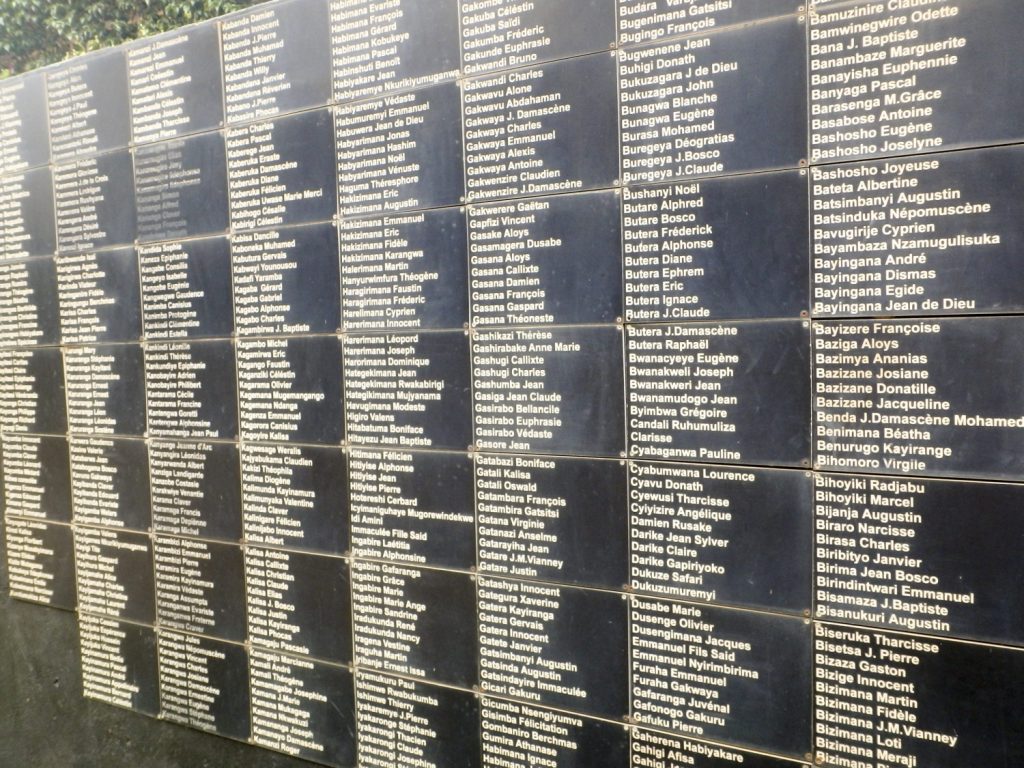
National Memorial to the victims of Genocide in Kigali, Rwanda (Image: Shutterstock)
7. Indifference and inaction in the face of mass atrocity and genocide – the responsibility to protect
The seventh painful and poignant lesson is that Holocaust crimes (and genocides such as that of the Tutsis in Rwanda) resulted not only from state-sanctioned incitement to hatred and genocide, but from crimes of indifference and conspiracies of silence, with the international community as a bystander.
What makes the Holocaust and the genocide of the Tutsis so unspeakable are not only the horror of the crimes, but that these crimes were preventable. No one can say that we did not know. We knew, but we did not act.
Today we know, but we have yet to combat the mass atrocities targeting the Uighurs in the Xinjiang region of China; or the assaults on the Rohingya; or ethnic cleansing in Ethiopia. This ignores the lessons of history and mocks the Responsibility to Protect (R2P) doctrine.
Let there be no mistake about it: indifference and inaction always mean coming down on the side of the aggressor, never the victim. In the face of evil, indifference is acquiescence to, if not complicity with, evil itself.
8. Combatting mass atrocity and the culture of impunity – the responsibility to bring war criminals to justice
The eighth lesson calls on us to combat mass atrocity and the culture of impunity that underpins it.
If the last century, symbolised by the Holocaust and such mass atrocities as the genocide in Rwanda, was the age of atrocity, it was also the age of impunity. Few of the perpetrators were brought to justice. Just as there must be no sanctuary for hate, no refuge for bigotry, there must be no base or sanctuary for these enemies of humankind.
Let there be no mistake about it: indulging impunity, as we did for so many years with Putin’s criminality in Chechnya, Georgia and the Crimea, only incentivises and invites mass atrocity such as that accompanying the criminal aggression in Ukraine.
9. La Trahison des clercs, the betrayal of the elites
The ninth lesson is that the Holocaust was made possible not only because of the “bureaucratisation of genocide”, as Robert Lifton put it – and as the Wannsee Conference and the Nazi desk murderer Adolf Eichmann personified – but because of the betrayal of the elites, including scientists and doctors, judges and lawyers, church leaders and educators, engineers and architects.
The Nuremberg crimes were also the crimes of Nuremberg’s elites. It is our responsibility, then, to speak truth to power, to hold power accountable to truth.
The “double entendre” of Nuremberg – of Nuremberg racism and Nuremberg principles – must be part of our learning as it is part of our legacy.
10. The assault on the vulnerable and powerless – the responsibility to give voice to the voiceless
The tenth lesson concerns the vulnerability of the powerless and the powerlessness of the vulnerable, as I witnessed at Auschwitz in the remnants of shoes and suitcases, crutches and hair of the murdered. Indeed, it is revealing, as Prof. Henry Friedlander points out in his work The Origins of Nazi Genocide, among the first groups targeted for killing were the Jewish disabled.
It is our responsibility to give voice to the voiceless and to empower the powerless, be they the disabled, poor, elderly, women victimised by violence, or vulnerable children – the most vulnerable of the vulnerable. The test of a just society is how it treats its most vulnerable among them.
11. The importance – and justice – of Holocaust restitution
The eleventh lesson is the justice imperative of Holocaust restitution. Several weeks ago, there was an international gathering of Special Envoys on Holocaust Remembrance, whose organising theme was that of Holocaust reparations and restitution.
The gathering built upon the 2009 Terezin Declaration – a statement of support by 46 states for measures to ensure the return of, and compensation for, the seizure and plunder of property on the occasion of and anticipation of mass murder – in a word, “thefticide”, mass theft accompanying mass murder of Jewish victims during the Holocaust. This thefticide consisted of the plundering of personal belongings, as well as communal and religious objects and institutions of cultural and sacred value. Almost 80 years after the Holocaust, there has been compensation for only a small fraction of the spoils of thefticide.
The absence of restitution is a standing injustice. It is imperative to secure justice through recognition and dignity for survivors and their descendants.
12. The courage and moral strength of the ‘Righteous Among the Nations’ – Raoul as role model
Raoul Wallenberg, the Swedish diplomat credited with saving 100,000 Hungarian Jews in the Holocaust – an honorary citizen of the US, Canada, Israel, and Australia – demonstrated how one person with compassion and the courage to act can confront evil, prevail, and transform history.
At this historical inflection point, as we witness a resurgence of global authoritarianism and the corresponding assault on human rights, the lessons of Raoul Wallenberg and the righteous among the nations are especially poignant.
And one more word, this time to you, the survivors who have taught me so much. You endured the worst of inhumanity, but somehow found in the resources of your own humanity the will to go on, the resilience to build families and relationships, and to make enduring contributions to every community and country you inhabit. We are all your beneficiaries, and we will continue to be inspired by your teachings and your example.
And so, together with you, we must remember – and pledge – that never again will we be indifferent to incitement and hate, but we will speak up. Never again will we be silent in the face of evil. Never again will we indulge racism and antisemitism, the most dangerous of hatreds. Never again will we ignore the plight of the vulnerable. And never again will we be indifferent in the face of mass atrocity and impunity.

